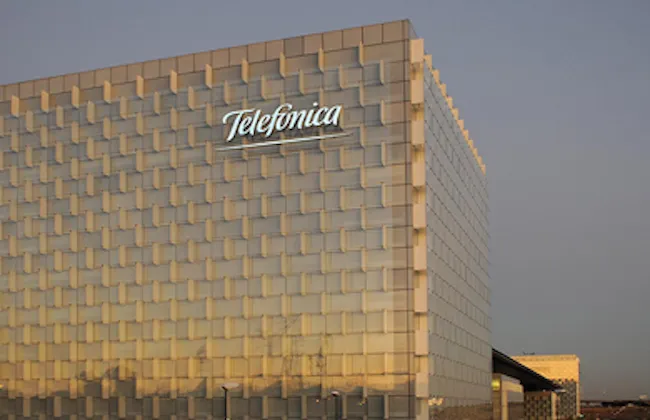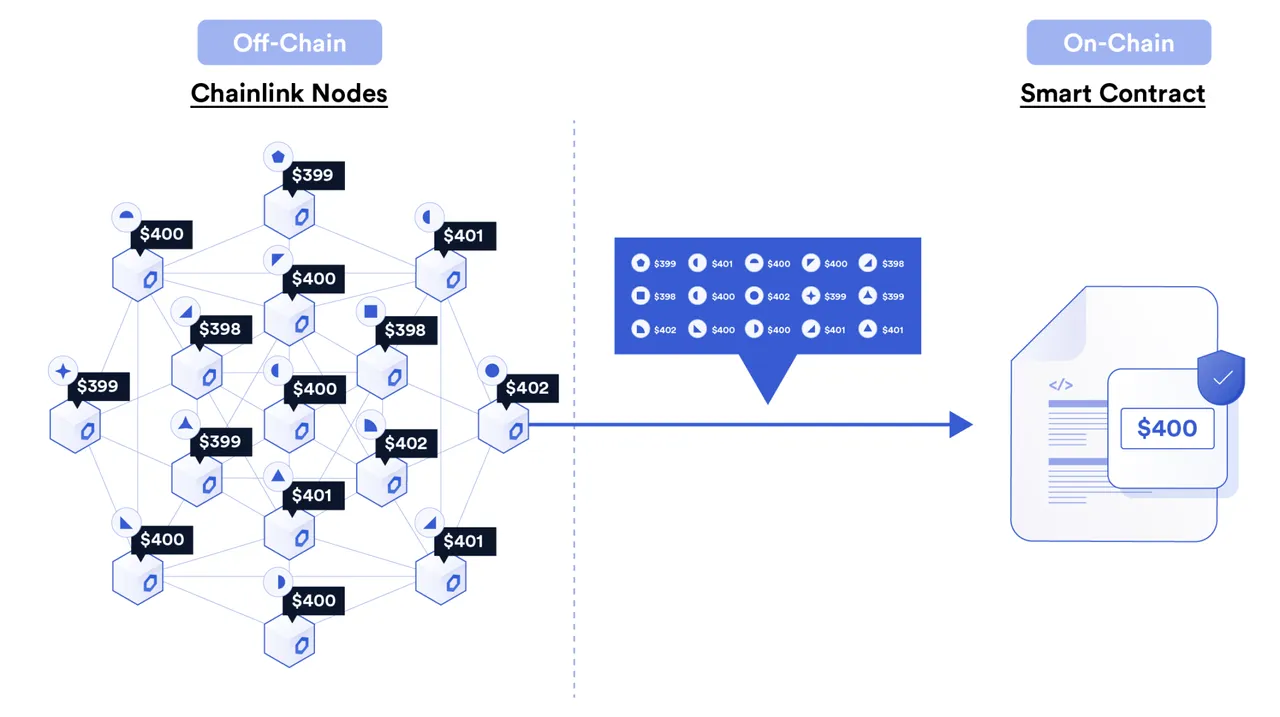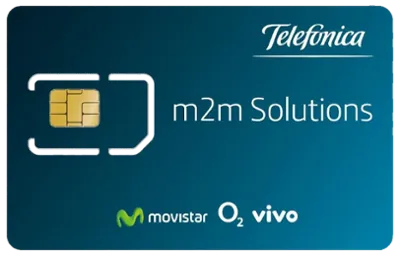
Telefonica, the Spanish telecommunications giant, and Chainlink (LINK), a pioneer in decentralized blockchain oracles, have joined forces to combat SIM SWAP-related piracy, an emerging threat in the Web3 world.
Strategic Collaboration:
Many hailed this collaboration as a significant step forward, marking the integration of telecommunications into blockchain technology.

What Happens Now?
Both companies expressed satisfaction with the partnership through a press release, stating that it will enhance the security of smart contracts by linking them to other programmable application interfaces (APIs) via the "GSMA Open Gateway."
Supported by the GSMA, an organization uniting over 1,000 mobile industry operators, this initiative aims to streamline the integration of telecommunications technologies into the Web3 ecosystem, ultimately bolstering its functionality and security.
Addressing Web3 Security Challenges:
The collaboration between Telefonica and Chainlink targets the widespread issue of SIM Swap fraud. This cybercrime occurs when hackers transfer a victim's phone number to their own SIM card, gaining access to the victim's text messages and calls. In the cryptocurrency world, this poses severe risks:

Access to Authentication Codes: Hackers can intercept two-factor authentication (2FA) codes sent via SMS, granting them access to cryptocurrency wallets.
Password Resets: Hackers can request resets for crucial account passwords, including those associated with crypto exchanges, and change them without the owner's consent.
Irreversible Fund Loss: Unlike traditional bank transactions, cryptocurrency transactions are largely irreversible. If hackers transfer funds from a cryptocurrency account to one under their control, fund recovery can be extremely challenging, if not impossible.
Exploiting Trust in Telecommunications: SIM swap fraud exploits people's trust in their phone service providers. Hackers often deceive or corrupt sales representatives to facilitate number transfers.
This form of hacking gained notoriety, notably after the spectacular $400 million theft from the FTX exchange in 2022.
By integrating the first GSMA Open Gateway API, aptly named "SIM SWAP," in Brazil by the end of 2024, Telefonica aims to further safeguard blockchain transactions.
As usual we see one of the many advantages that blockchain brings in coupling with oracles to be able to validate off-chain data!